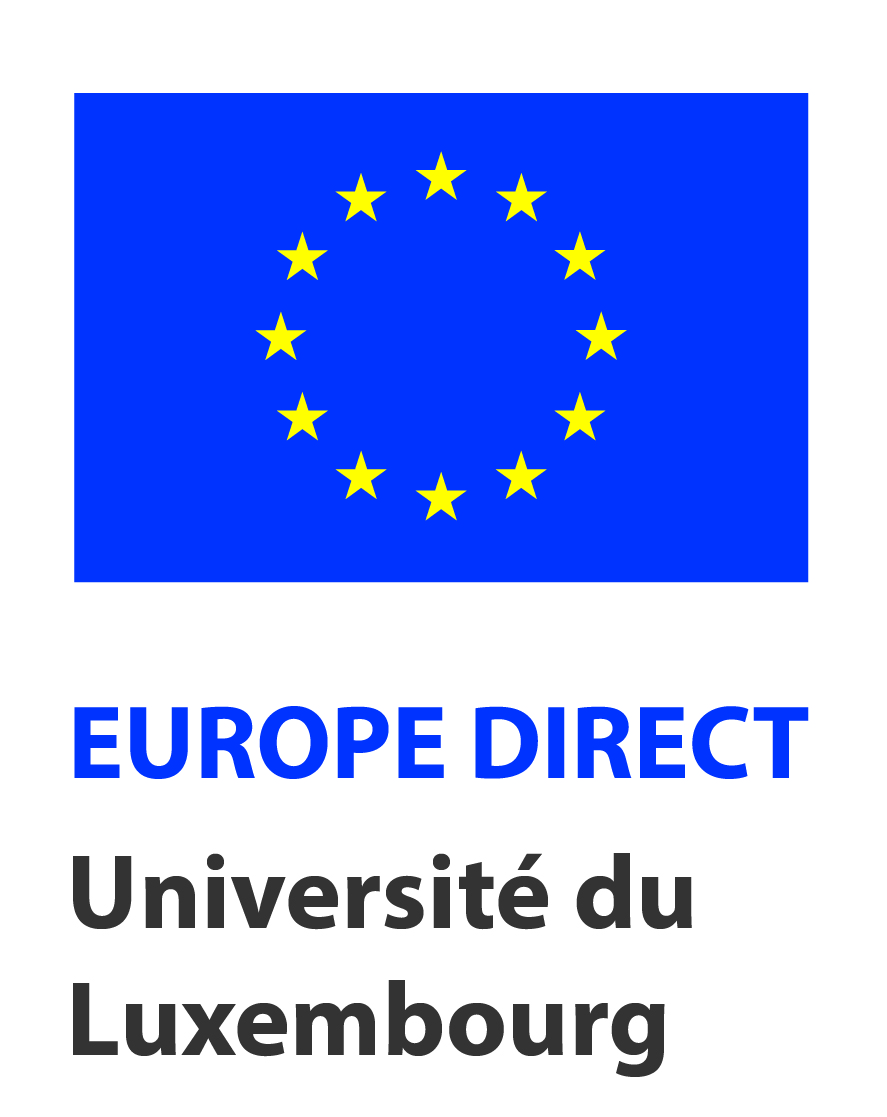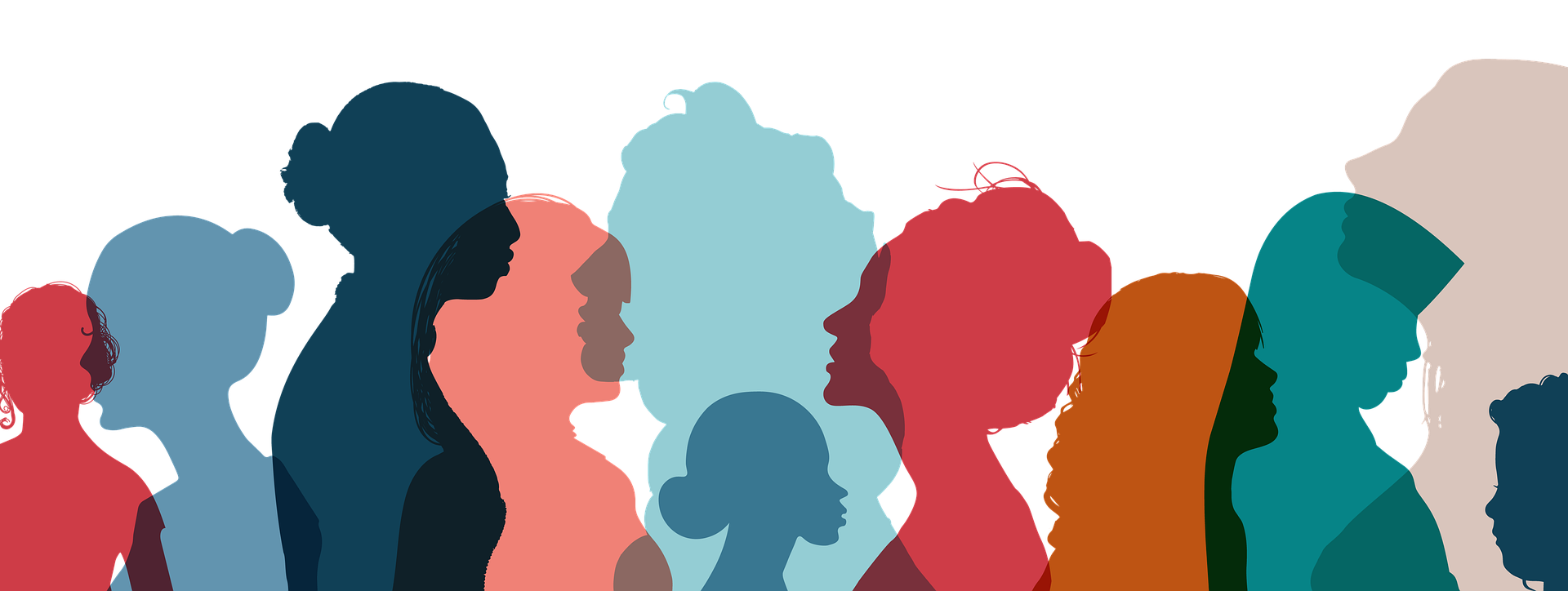Conference on 20-21 April 2023 at the University of Luxembourg. Deadline: 1 March.
The question of women’s role in international relations has given rise to a growing body of research since the mid-1970s.Topics have included pacifist activism during World War Two (Gottlieb & Johnson, 2022; Goedde, 2019; Bell 2015), the feminist movement, human rights issues (Briatte, 2020; Kaplan, 2014; Offen, 2000) and gender issues in international relations theory, as well as other subjects within the fields of gender studies and intersectionality studies (Carver & Lyddon, 2022; Hancock, 2016; Steans, 2013). Female leadership in international relations and post-war diplomacy has also been explored (Müller & Tömmel, 2022; Owens & Rietzler, 2021; Aggestam & Towns, 2018; Sluga & James, 2016).
At European level, too, there has been increasing interest in this area. In policy terms, however, although the Treaty of Rome introduced a European gender equality policy in 1957, it was only from 1975 that a common policy on women’s economic and social rights began to be developed. Research has ranged from parity issues (Bereni & Reveillard, 2007; Deshormes, 1991) to women’s participation in the exercise of political power (Woodward, 2004; Union interparlementaire, 1995), the concept of gender mainstreaming as a cross-sector approach (Abels & Mushaben, 2012; Lascoumes & Le Gales, 2004) and female networks and gender issues in European integration (Hertner, 2021; Briatte, Gubin & Thébaud, 2019). But notwithstanding these efforts, in general the presence and influence of women, whether formal or informal, in power relations (Gaspard 2009), institutions (Carbonell, 2019; Dénéchère, 2016), international relations and diplomacy (Badel, 2021; Doré-Audibert, 2002; Seidel, 2023) has received scant attention.
The history of European integration and Europeanisation has developed into a varied field that has moved on from an initial focus on the vision and achievements of the founding fathers. However, even though women played a vital part in the European project launched after the Second World War (intellectuals, experts and technocrats, those with menial but essential jobs, parliamentarians, trade unionists, diplomats, activists for the European cause, etc.), their role has yet to be fully explored. Women tended to remain in the background until they began to be more readily accepted as political leaders, particularly following the first European elections by direct universal suffrage in 1979 and the appointment of the first female European Commissioner in 1989. Against this backdrop, “adding a gender perspective to European memory” and history (Milosevic, 2018) seems essential.
This conference, which focuses on the period after World War Two, aims to spark discussion on topics that can inform the following issues:
- From a “his-storical” to a “her-storical” narrative: is there a female narrative in the European integration process? Specific historiographical traditions, theories, methodologies and approaches related to the history of women in Europe in the 20th and 21st centuries;
- Biographical perspectives: individual women in the development and implementation of the European project;
- The “female lobby”: how different organisations, groups of thinkers, activists and networks organised themselves to develop their influence, political presence and visibility in Europe (at trans-European/international level, within the EU and in individual Member States)
- Women in East-West dialogue and the EU’s enlargement
- Anti-europeanism: women and Euroscepticism
- Gendered perspectives and issues related to European democracy, rights, policies, institutions and actors
Digital storytelling in developing new knowledge of the past:
Norms and practices in gathering, preserving, sharing and disseminating the memory of women who have played an active role on the European stage (oral history, text mining, network analysis, etc.)
These are intended to serve as broad categories; the conference will be open to a variety of approaches.
The conference will take place on 20-21 April 2023 at the University of Luxembourg/Luxembourg Centre for Contemporary and Digital History (C²DH) in connection with the project “The role of women in European and international relations in Luxembourg (after the Second World War)”, developed by the University of Luxembourg, C²DH and Europe Direct at the University of Luxembourg.
Eligibility and how to apply
PhD students, early career researchers and experienced researchers are invited to submit proposals. Applicants should submit an abstract of no more than 500 words outlining their proposal and a short CV by 1 March in writing to François Klein (francois.klein@uni.lu) with the subject heading “Women’s narrative conference application”.
Selected applicants will be informed by 10 March 2023.
Organisers: University of Luxembourg, Luxembourg Centre of Contemporary and Digital History (C2DH) and Europe Direct at the University of Luxembourg
Scientific committee:
Dr Elena Danescu (University of Luxembourg/C2DH), Dr Katja Seidel (University of Westminster, School of Humanities), Dr Dieter Schlenker (Historical Archives of the European Union); Prof. Sonja Kmec (University of Luxembourg, Institute for History), François Klein (University of Luxembourg/C2DH).



